Optimal Timing for Concrete Service
Choosing the optimal time for concrete service involves considering weather conditions, temperature, and seasonal factors. Proper timing ensures durability, proper curing, and longevity of the concrete structure. Typically, moderate temperatures and dry conditions are ideal for concrete application and curing processes.
Spring offers moderate temperatures and lower precipitation, making it suitable for concrete work. It allows sufficient curing time before summer heat or winter cold sets in.
Early summer can be ideal if temperatures are not excessively high. Proper planning helps prevent rapid drying and cracking.
Fall provides cooler temperatures and less rainfall, which are beneficial for concrete curing and setting.
Winter temperatures can hinder curing and increase the risk of freezing, which may compromise concrete strength. Special measures are necessary if winter work is unavoidable.
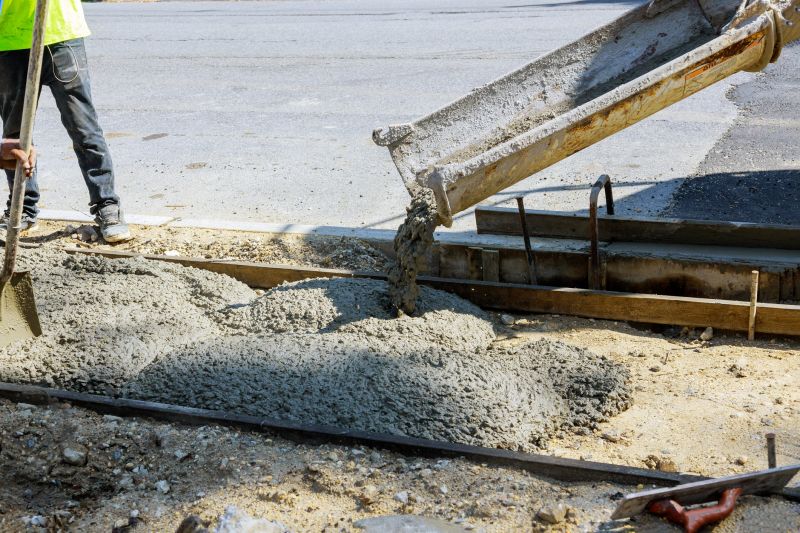
Concrete being poured during mild spring weather with clear skies.
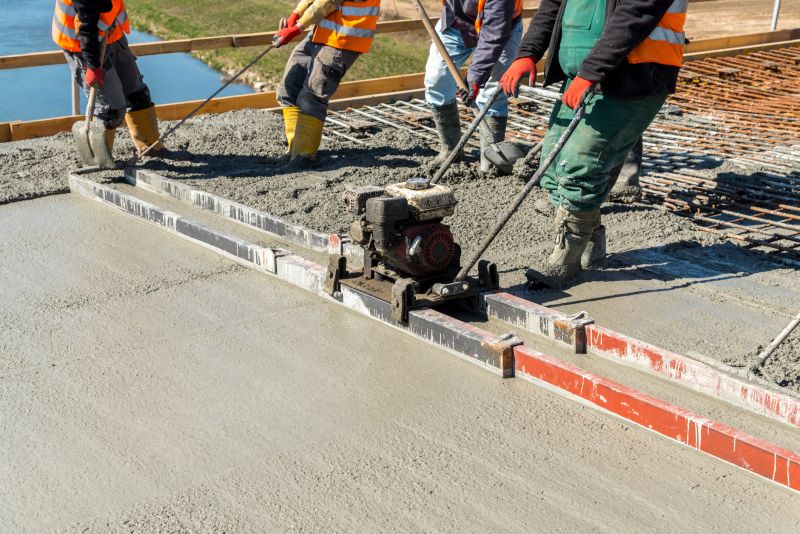
Concrete curing under warm summer sun with shade covers.
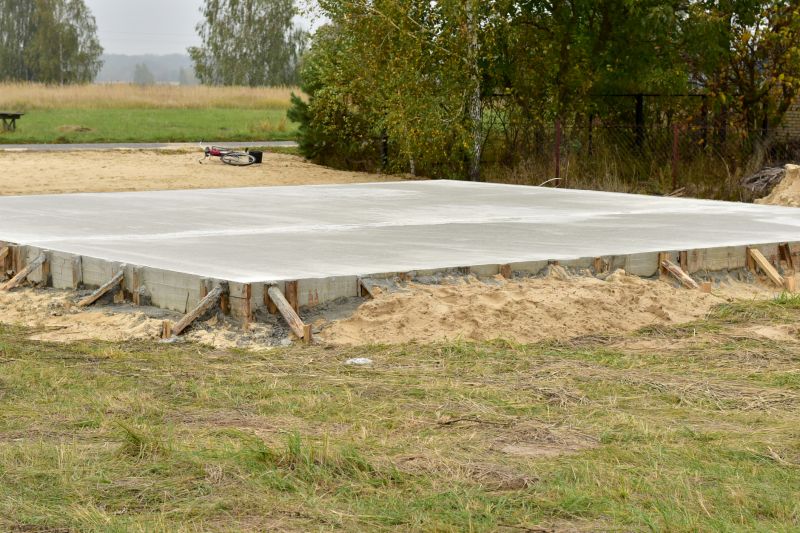
A concrete slab being finished during autumn with colorful foliage nearby.
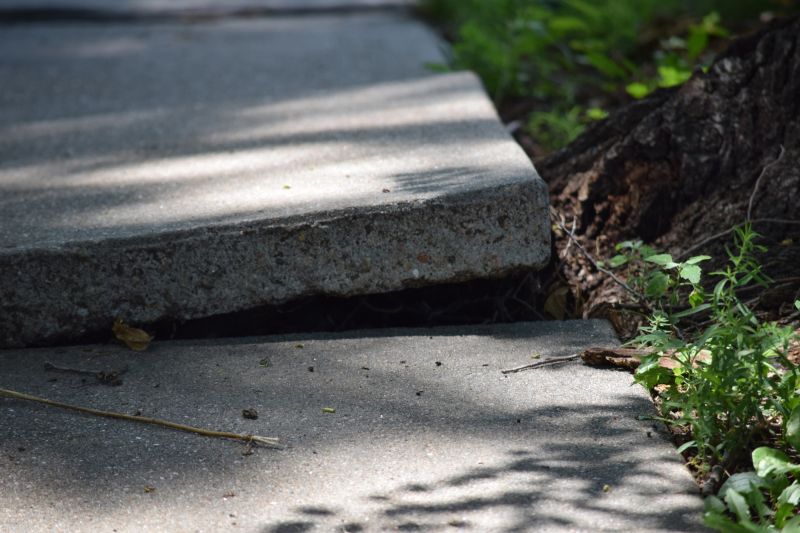
Ways to make Concrete Service work in tight or awkward layouts.
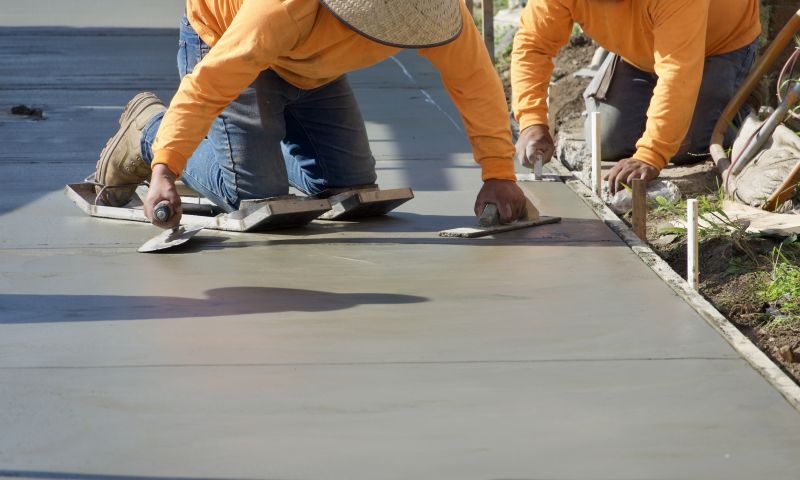
Popular materials for Concrete Service and why they hold up over time.
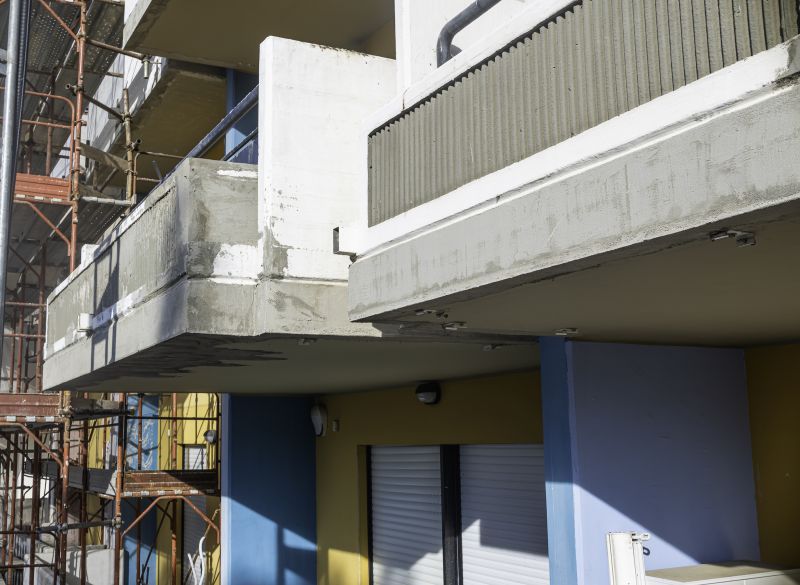
Simple add-ons that improve Concrete Service without blowing the budget.
| Season | Best Practices |
|---|---|
| Spring | Schedule before heavy rains, ensure moderate temperatures for curing. |
| Summer | Start early to avoid heat, use shading and water to control curing. |
| Fall | Plan for cooler weather, monitor temperature drops. |
| Winter | Use insulating blankets, avoid freezing temperatures during curing. |
| General | Maintain consistent moisture and temperature for optimal curing. |
Concrete service involves the placement, finishing, and curing of concrete for various structures, including driveways, patios, foundations, and more. Proper timing and conditions are vital to achieve strong, durable, and smooth surfaces. The quality of the concrete work depends heavily on weather conditions, with ideal temperatures supporting proper curing and minimizing defects such as cracking or uneven setting.
Statistics indicate that concrete reaches approximately 70% of its strength within the first seven days of curing, emphasizing the importance of optimal weather during this period. Proper timing ensures the concrete maintains its integrity and longevity, reducing the need for repairs and increasing the lifespan of the structure.
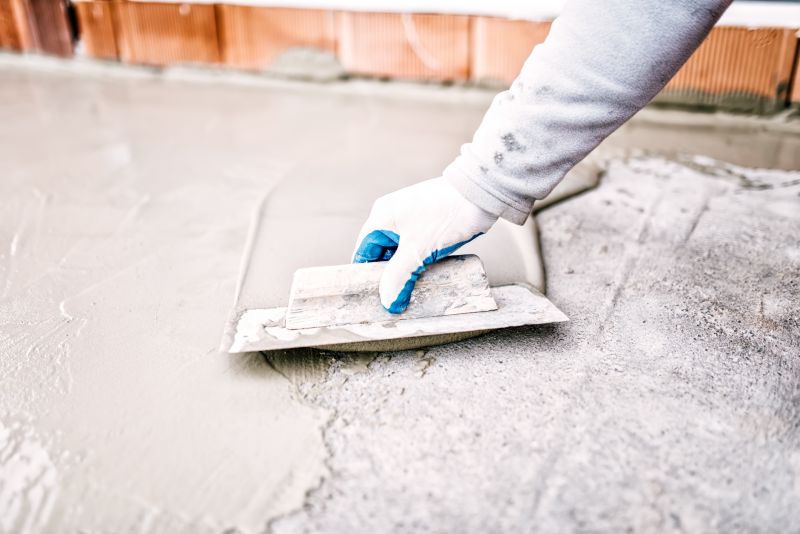
A worker applying curing compound on freshly poured concrete.
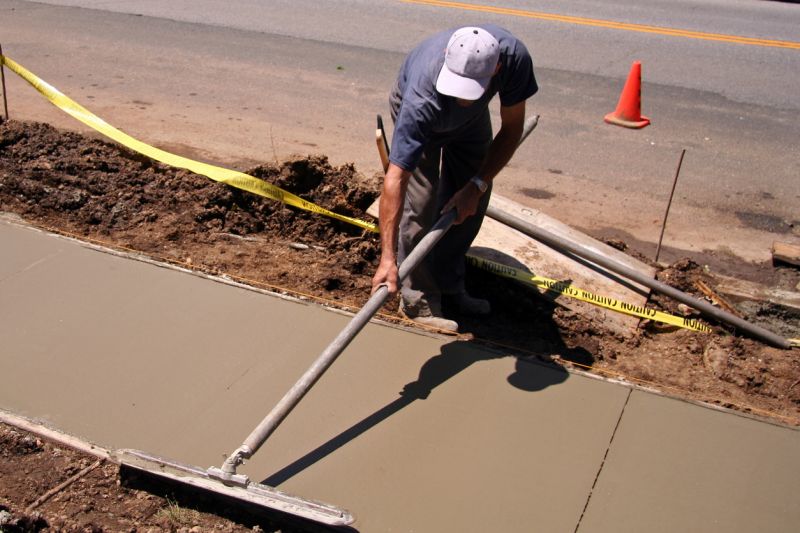
Different seasonal conditions affecting concrete application.
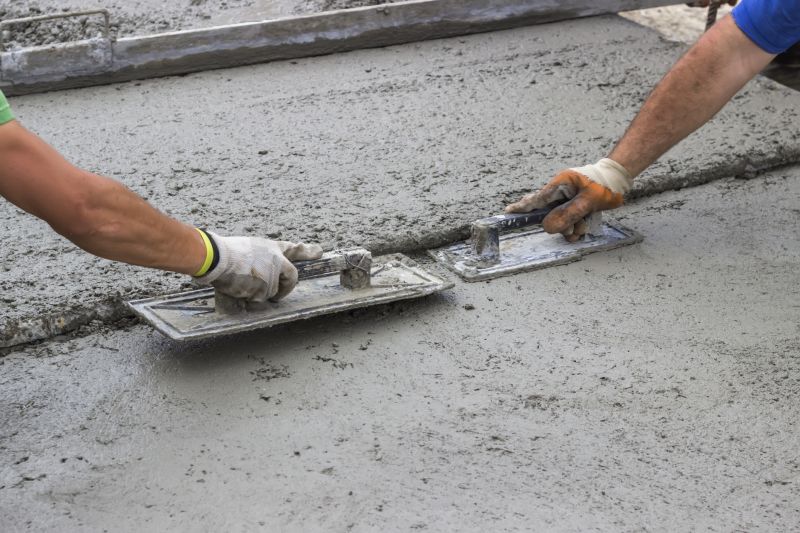
Smooth, properly cured concrete ready for use.
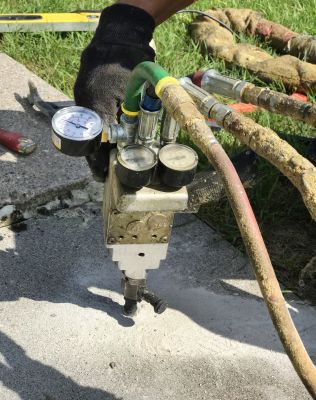
Heavy machinery used in concrete placement during optimal weather.
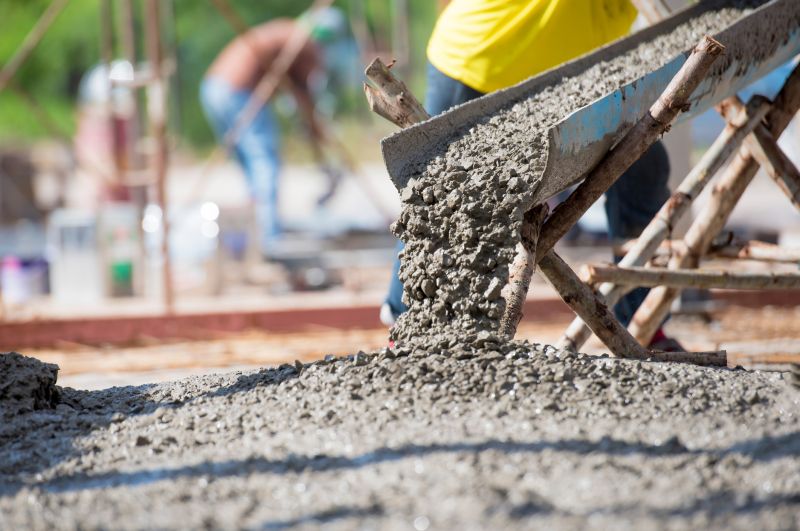
High-end options that actually feel worth it for Concrete Service.
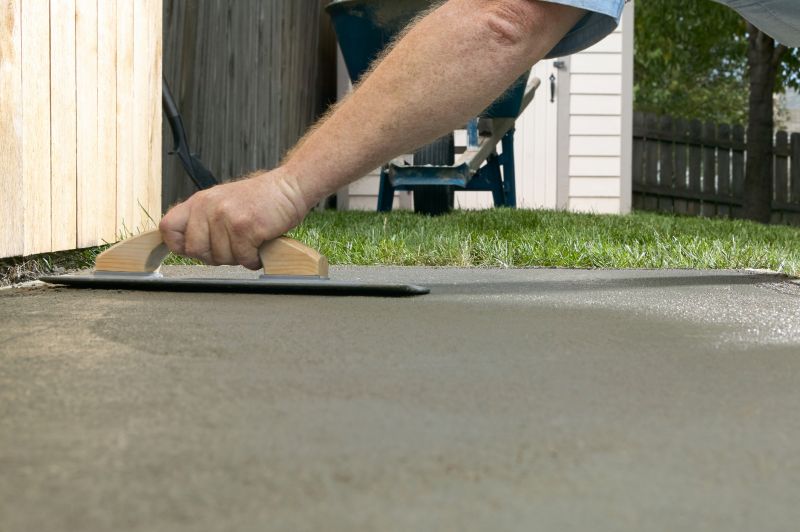
Finishes and colors that play nicely with Concrete Service.
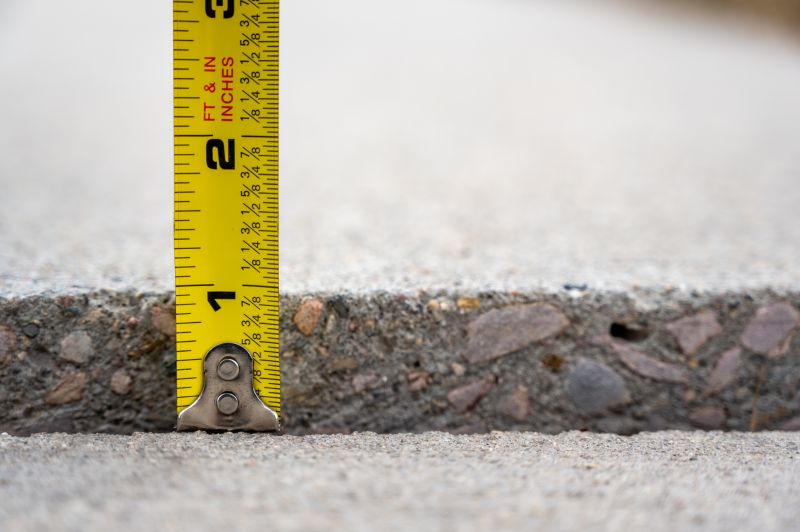
Little measurements that prevent headaches on Concrete Service day.
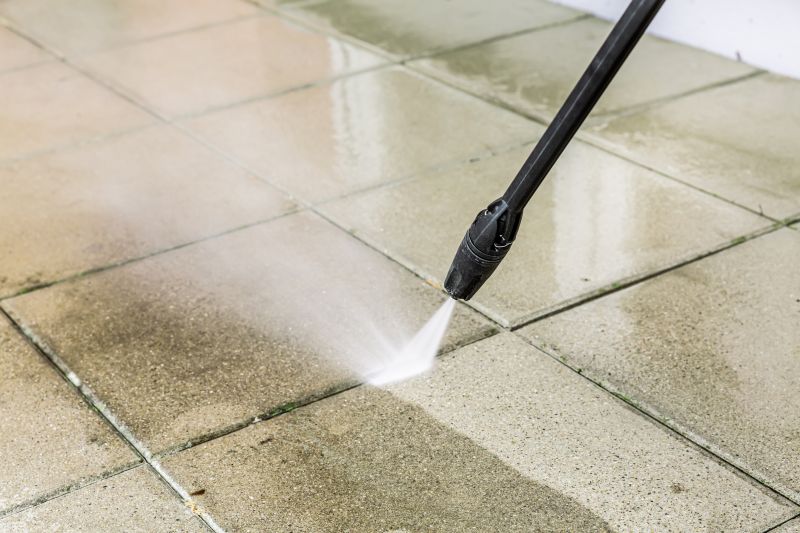
A 60-second routine that keeps Concrete Service looking new.
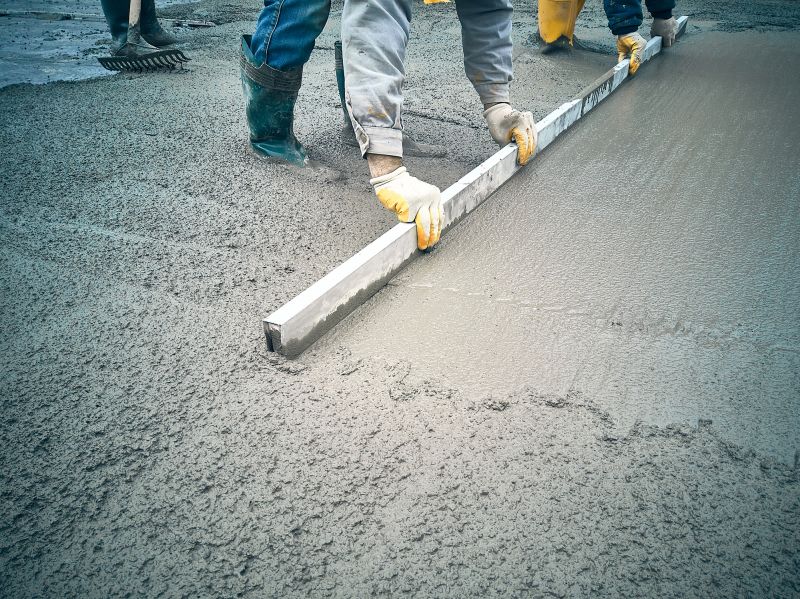
A frequent mistake in Concrete Service and how to dodge it.

Small tweaks to make Concrete Service safer and easier to use.
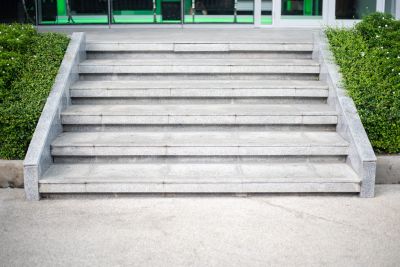
Lower-waste or water-saving choices for Concrete Service.
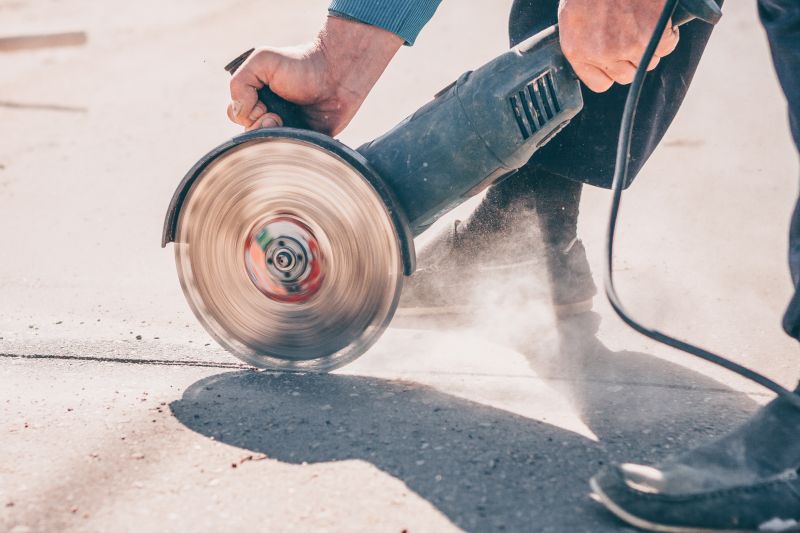
The short, realistic tool list for quality Concrete Service.
For those interested in concrete services, filling out the contact form provides an opportunity to discuss project timing and specific requirements. Proper scheduling based on seasonal and weather considerations can significantly impact the durability and appearance of the finished concrete.
